AI in software engineering: Six ways the profession is changing
The use of AI in software engineering has become one of the shining examples of how the technology can improve productivity – but how will it impact workers?

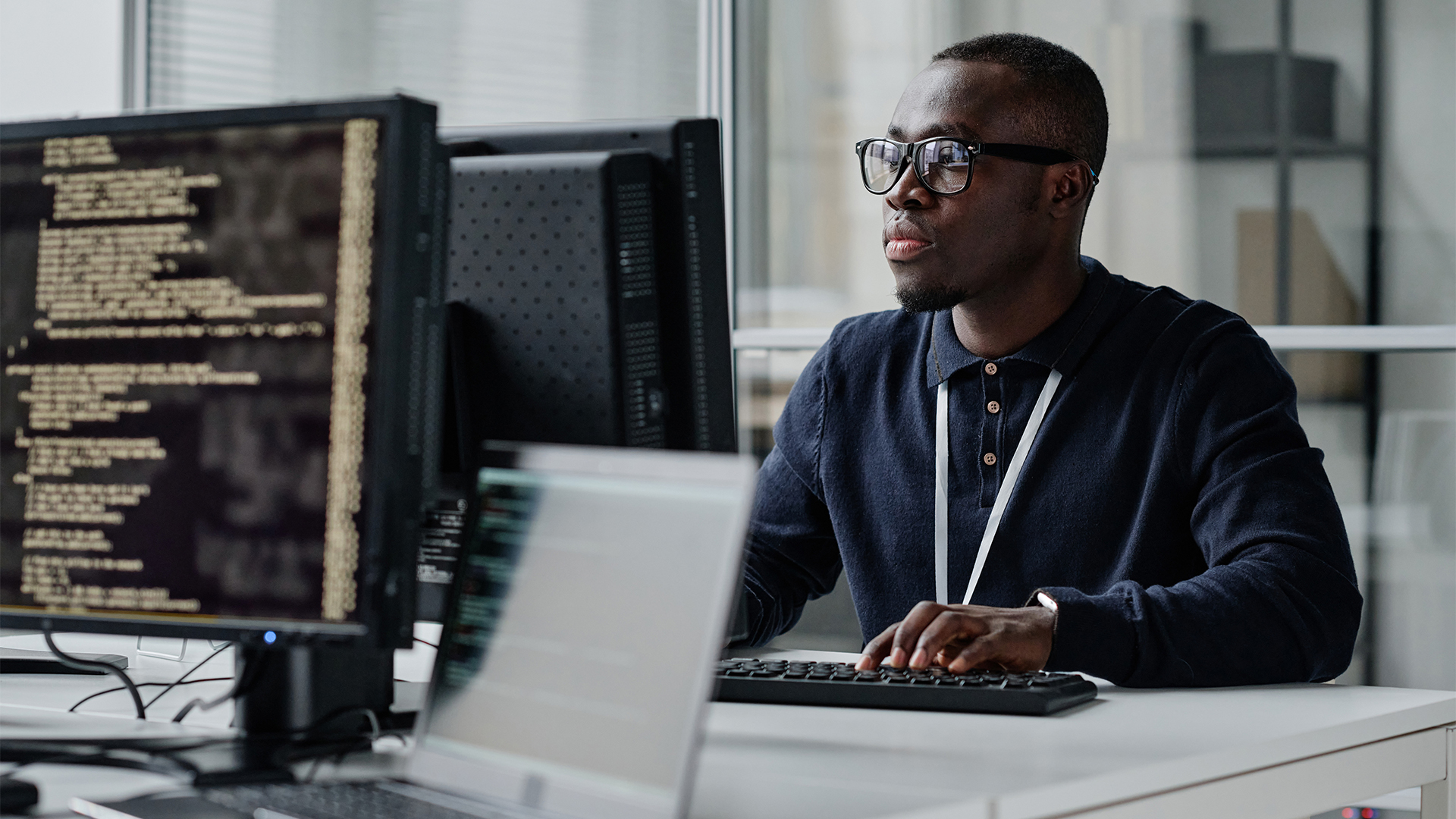
Sign up today and you will receive a free copy of our Future Focus 2025 report - the leading guidance on AI, cybersecurity and other IT challenges as per 700+ senior executives
You are now subscribed
Your newsletter sign-up was successful
The use of AI in software engineering has grown rapidly since the advent of generative AI in late 2022, with engineers and developers globally now faced with an array of tools to supercharge productivity.
AI in this profession has become one of the most compelling examples of how the technology can deliver tangible benefits to every day workers.
While its use in the industry is by no means a new trend, enthusiasm has been growing rapidly over the last 18 months. This has led experts predict the technology will help transform all aspects of the software development lifecycle, from planning and designing, through to building, testing, and deployment.
ITPro asked the experts what ways they think generative AI is likely to shape software development in 2024 and beyond, and what the biggest challenges to adoption might be.
1. AI in software engineering could bring massive increases to speed and productivity
AI-powered software is helping developers and engineers across all stages of the lifecycle, which is having a huge impact on teams’ productivity. Many tasks are being automated, freeing up staff to work on more human-centric jobs and speed up processes.
AI can assist teams with – among other things – designing, coding and testing, and taking the repetitive ‘grunt’ work off their hands.
Tools of this kind are already in play, such as GitHub Copilot and Amazon Q Developer (formerly Amazon CodeWhisperer), and research shows coders are enjoying an increase in daily productivity.
Sign up today and you will receive a free copy of our Future Focus 2025 report - the leading guidance on AI, cybersecurity and other IT challenges as per 700+ senior executives
According to Forrester vice president and principal analyst Diego Lo Giudice, this rise is as much as 20-40% in some cases, depending on their skillset and the complexity of the program.
He predicts this percentage will be the overall productivity gain across all areas of software engineering within the next two to four years.
This roughly aligns with research from GitHub on the topic. In a 2023 study, the company found that developers can complete tasks 55% faster using an AI assistant, underlining the significant productivity gains afforded by these tools.
2. AI in software engineering will mean software engineers need more diverse skillsets
The integration of more AI-powered software will likely lead to some roles disappearing, or at least evolving into something new.
Nicola Martin, head of quality engineering at Adarga and chair of the software testing specialist group at BCS, the Chartered Institute for IT, frequently advises those in the sector that they’ll need to diversify in response to roles being merged and team make-ups changing.
This, Martin tells ITPro, is something she’s seen first-hand.
“In my area, quality, it’s been a massive shock and in terms of the software testing industry things have been turned on their head. There’s been job losses and changes to the structure of teams,” she says.
3. AI in software engineering means many software roles will be amalgamated
Positivity is growing, however, as software engineers are discovering new opportunities that will enable them to branch out into different areas.
This is down to a growth in demand for AI-powered applications across different departments and AI model development shifting out from data science teams to software engineering, enterprise application teams, and the rest of the business.
“We’re being encouraged to learn about large language models and do things like prompt engineering, and we’ve seen roles as diverse and strange as data scientist quality engineer,” Martin says.
“There’s about four different skillsets wrapped up in that role: data science, machine learning, software engineering and testing.”
Martin believes opportunities for software engineers will arise in different teams as AI permeates a business and more departments adopt AI-powered applications.
4. AI in software engineering means better software collaboration will be needed
As AI-powered tools become more accessible to software engineers, there will be a need for better coordination of how assets are developed and managed.
This will lead to much closer collaboration between software engineers and AI developers – as well as the wider business – as departments begin using more AI-powered software in their day-to-day work.
According to analysts at Gartner, almost 80% of organizations have a formal/structured operating way of collaborating between AI teams and software engineering, and those that do are more likely to achieve success, sustain AI efforts across a number of business units, and act strategically.
5. Diversity will improve to counter AI bias
Preventing AI bias has become critical in the software space due to evolving roles and growth in collaboration across teams.
RELATED WHITEPAPER
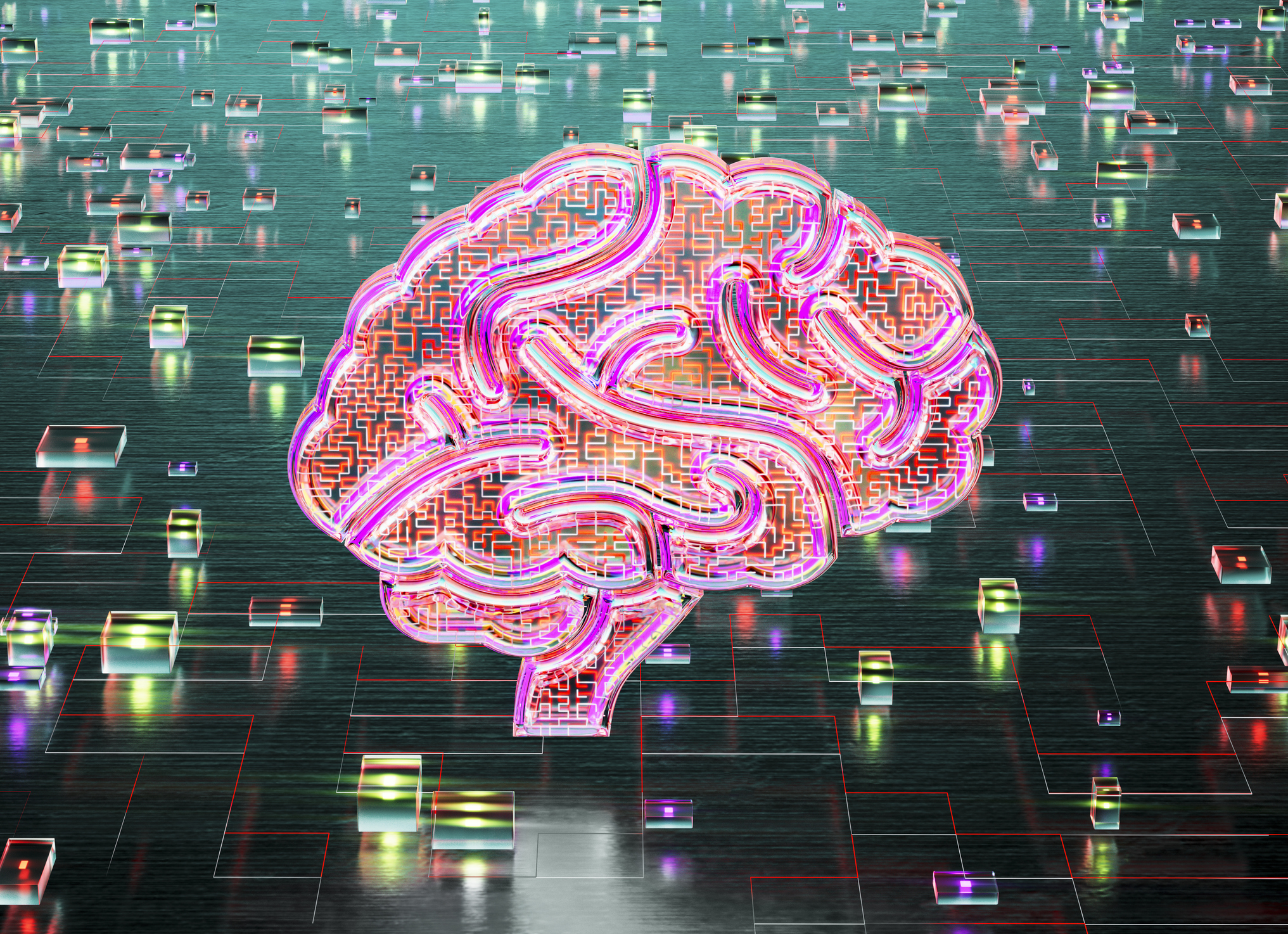
We’ve already seen many examples of the impact of AI bias, which is caused by models trained on datasets filled with existing biases against different sexes, races, and other minority groups.
Red flags have been raised around the use of AI in recruiting, for example. In 2018, Amazon had to shelve an AI tool for being sexist, while in 2023 Workday was hit with claims that its AI hiring systems were discriminatory.
Then there’s the US government migration app, CBP One. This had issues recognizing faces with darker skin tones, which stopped many people from being able to use the app to apply for asylum.
The reason given was that datasets used to train the model hadn’t been diverse enough, with little data included on people with darker skin.
Diversity within teams that develop AI systems will be required to ensure that the final software doesn’t perpetuate existing biases, as diverse teams will help ensure AI models are trained on a wide variety of datasets.
“If you don’t have diversity at the beginning, you won’t get it in the end product,” Martin states.
6. AI in software engineering adoption rates will vary sector by sector
Not all industries will embrace AI-powered software at the same pace, and so the pace of change within the software engineering industry will vary sector by sector.
One of the most common reasons for this is ongoing concerns around IP protection and security.
According to Forrester, many in the finance, manufacturing, and pharmaceutical industries won’t use tools that upload differentiating and competitive ‘crown-jewel traditional software’, with one global manufacturing CIO telling analysts that their business’ lawyers have prohibited the use of generative AI coding tools.
Improvements in secure and high-quality code generation will help increase trust and push adoption, but it will still take some time for certain sectors to embrace AI-powered software fully.
Keri Allan is a freelancer with 20 years of experience writing about technology and has written for publications including the Guardian, the Sunday Times, CIO, E&T and Arabian Computer News. She specialises in areas including the cloud, IoT, AI, machine learning and digital transformation.
-
 Mistral CEO Arthur Mensch thinks 50% of SaaS solutions could be supplanted by AI
Mistral CEO Arthur Mensch thinks 50% of SaaS solutions could be supplanted by AINews Mensch’s comments come amidst rising concerns about the impact of AI on traditional software
-
 Westcon-Comstor and UiPath forge closer ties in EU growth drive
Westcon-Comstor and UiPath forge closer ties in EU growth driveNews The duo have announced a new pan-European distribution deal to drive services-led AI automation growth
-
 B2B Tech Future Focus - 2026
B2B Tech Future Focus - 2026Whitepaper Advice, insight, and trends for modern B2B IT leaders
-
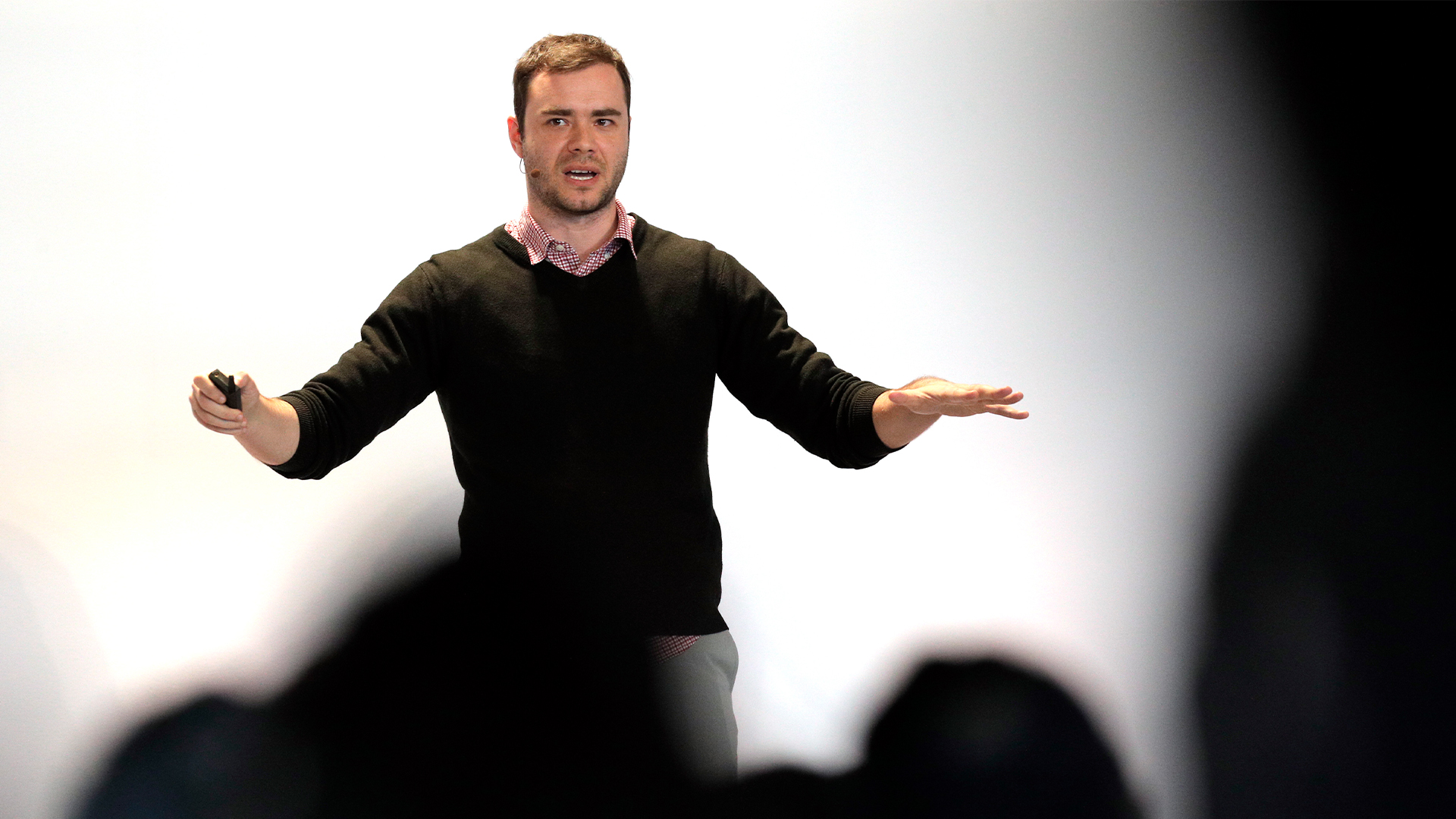 'It's slop': OpenAI co-founder Andrej Karpathy pours cold water on agentic AI hype – so your jobs are safe, at least for now
'It's slop': OpenAI co-founder Andrej Karpathy pours cold water on agentic AI hype – so your jobs are safe, at least for nowNews Despite the hype surrounding agentic AI, OpenAI co-founder Andrej Karpathy isn't convinced and says there's still a long way to go until the tech delivers real benefits.
-
 Is an 'AI' bubble about to pop?
Is an 'AI' bubble about to pop?news The Bank of England warns of the risk of a market correction if enthusiasm for the technology wanes
-
 AI isn't taking anyone's jobs, finds Yale study – at least not yet
AI isn't taking anyone's jobs, finds Yale study – at least not yetNews Researchers say it's too soon to know what generative AI's impact will be on the workforce
-
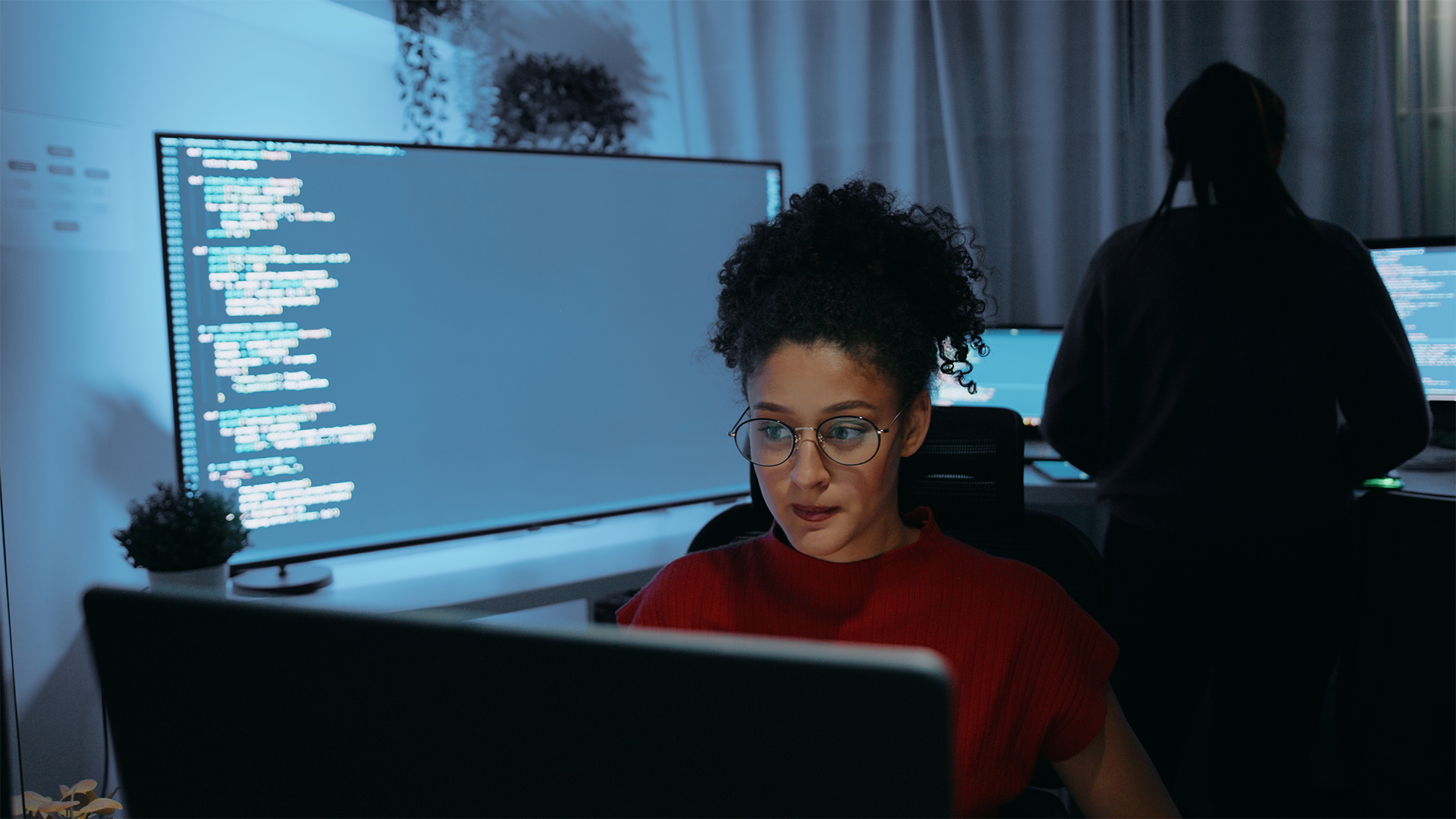 Is ChatGPT making us dumber? A new MIT study claims using AI tools causes cognitive issues, and it’s not the first – Microsoft has already warned about ‘diminished independent problem-solving’
Is ChatGPT making us dumber? A new MIT study claims using AI tools causes cognitive issues, and it’s not the first – Microsoft has already warned about ‘diminished independent problem-solving’News A recent study from MIT suggests that using AI tools impacts brain activity, with frequent users underperforming compared to their counterparts.
-
 ‘Agent washing’ is here: Most agentic AI tools are just ‘repackaged’ RPA solutions and chatbots – and Gartner says 40% of projects will be ditched within two years
‘Agent washing’ is here: Most agentic AI tools are just ‘repackaged’ RPA solutions and chatbots – and Gartner says 40% of projects will be ditched within two yearsNews Agentic AI might be the latest industry trend, but new research suggests the majority of tools are simply repackaged AI assistants and chatbots.
-
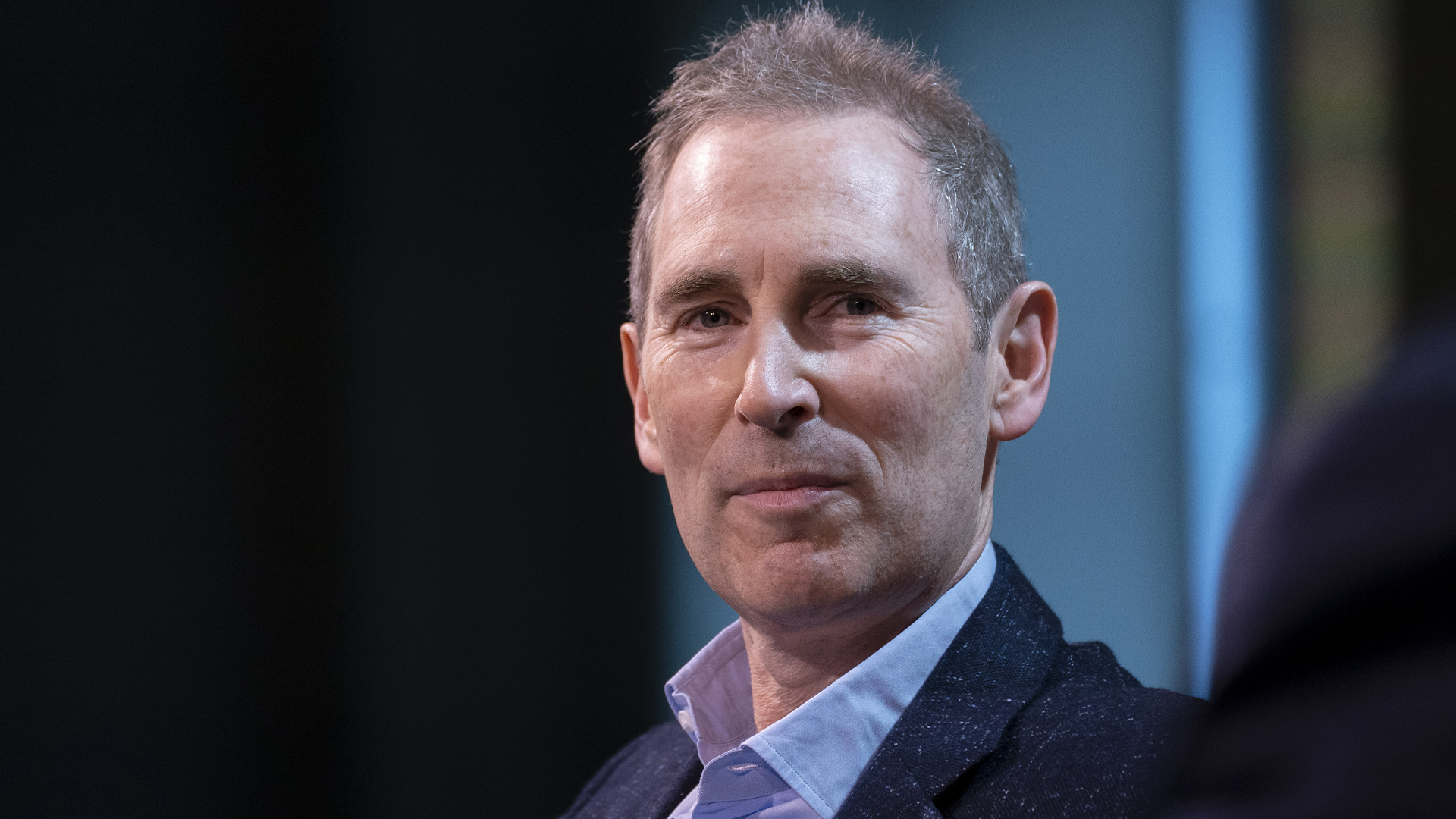 Andy Jassy memo warns staff that Amazon will "need fewer people" as it rolls out more generative AI
Andy Jassy memo warns staff that Amazon will "need fewer people" as it rolls out more generative AINews Amazon's CEO tells workers to be "curious" about AI and educate themselves to protect their livelihoods
-
 CEOs and CISOs at odds over the benefits of generative AI
CEOs and CISOs at odds over the benefits of generative AINews While CEOs are hugely enthusiastic, CISOs worry about governance and legacy technology
